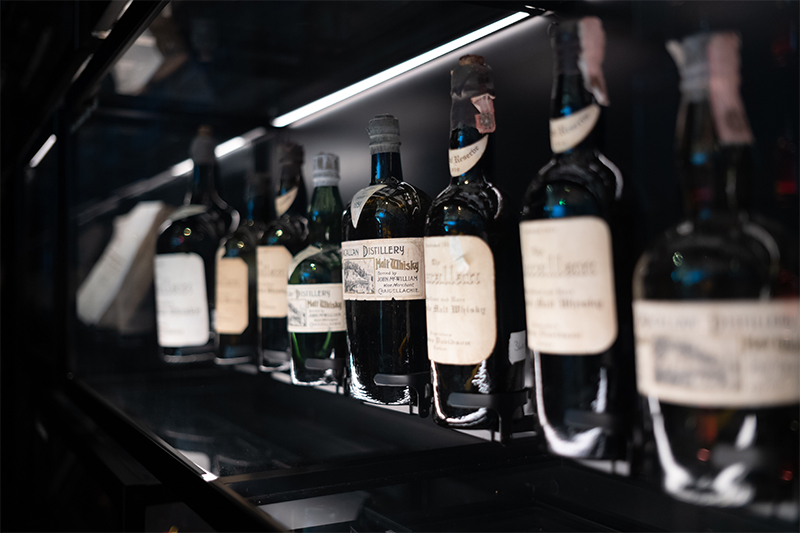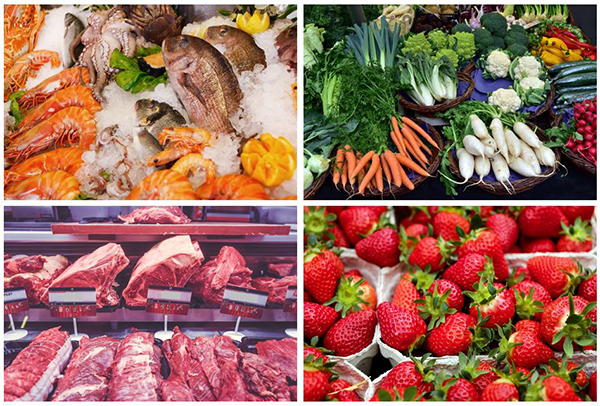Food crime

What is food crime?
Food crime can result in food and drink being sold to you which isn’t safe or isn’t what it claims to be. It costs the UK an estimated £1.17 billion per year. Criminal activity in relation to the production or supply of food and drink which is deliberate, serious and dishonest can cause illness, and even death, in the worst cases.
Types of food crime
Food crime is a risk to public health and to the global reputation and economy of the UK food and drink industry. Here are the types of food crime to look out for:
- Food fraud - swapping or adding cheaper, lower quality or dangerous ingredients.
- Document fraud - fraudulently using the identity of a genuine food business or using falsified documents to assure the quality of a product.
- Illicit goods – selling a product as something it isn’t, such as counterfeit alcohol e.g. fake vodka or wine.
- Illegal slaughter – slaughtering farmed and wild animals under conditions which don't meet animal welfare or hygiene standards.
- Mislabelling - deliberately falsifying information on food labels; for example, saying it's Scottish produce, free range or organic when it's not.
- Unfit food - allowing food to be sold that could be a risk to consumers; from putting animal by-products back into the food chain to changing use-by-dates.
What to look out for
- Food or drink that is significantly cheaper than you’d expect it to be
- Cheap alcohol being sold on online market places
- Slimming tablets and/or fat busters online, such as DNP (a toxic chemical which can be sold as a weight loss supplement).
- Concerns at your place of work about food production e.g. extending durability dates, using poorer quality or substandard products and false and deliberate claims over the country of origin of a product.

Food crime is a serious matter
It’s important to report any concerns around food or drink you have been offered, and any information you give will be 100% anonymous.
Food crime includes the sale and/or supply of counterfeit alcohol and DNP (see above).
Consumption of these can lead to serious injury and death.
We all need to work together to prevent food crime.
Report food crime
If you think there’s a problem with food you’ve been offered, or if you work within the food and drink sector and want to report a concern, you can:
In England, Wales and Northern Ireland:
- Call Food Crime Confidential on 0207 276 8787, or
- Contact Food Standards Agency online
In Scotland:
- Call the free and confidential Scottish Food Crime Hotline in partnership with Crimestoppers on 0800 028 7926, or
- Complete the online form on the Food Standards Scotland website.
- Find out about the Scottish Food Crime and Incidents Unit at Food Standards Scotland.
Show your support
Food Standards Scotland has developed a toolkit for businesses to use, showing their commitment to preventing and reporting food crime.
If you’d like to show your support, visit the Food Standards Scotland website for campaign materials and more information.

Give information
Give information anonymously by phone on 0800 555 111 or online

Donate to us
Join our fight against crime by making us a donation today, and see how the money you give can help shape your community for the better.

Be a force for good & volunteer
Help make communities safer together by volunteering with your local Crimestoppers team.